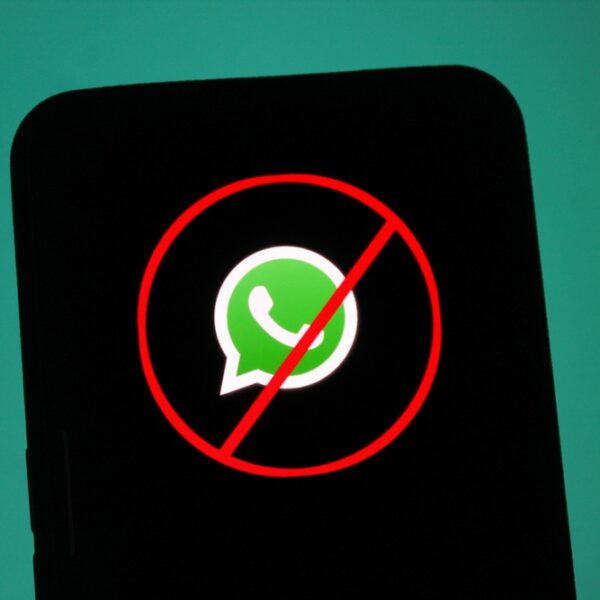
Journalists don’t seem to understand social media allows opinions
In the latest instalment of ‘you are a terrible human being if you think logically or have a different opinion’, The Guardian has updated its social media guidelines for the ever declining evolving world.
The “important piece of work” breaks down all the different ways their journalists will be considered a piece of work if they don’t adhere to trisyllabic buzzwords that sound really important but don’t actually mean anything at all.
Specifically, these guidelines are to be implemented by all Guardian journalists on social media, making everybody a) less of a journalist and more of a status quo mouthpiece and b) even more unbearable online.
The guidelines aren’t really guidelines at all – they are more of an outline on how to continue to have the same opinion that reflects the Guardian’s “fair” reporting – itself an ironic mess that fails to recognise its own reflection.
The document instructs colleagues to “remain mindful of blurring fact and opinion” and that “expressing partisan, party-political or strong opinions … can damage the Guardian’s reputation”. In essence: have the same partisan, party-political strong opinions as the Guardian but not anything outside of that scope, since reputation is more important than journalistic integrity and that is now what makes you a fair journalist.
So it goes:
- Social media accounts are personal
…but remember your responsibility to continuously represent the position of the Guardian at all times
- Ask yourself if you would be happy for senior editors or line managers to read your post. If not, don’t post it.
So, not entirely personal then
And finally, they are to be entrusted with the responsibility of self-censorship, as the people we all ought to be angry at changes from one day to the next:
- We strongly encourage staff to regularly delete historical tweets and other social posts. We recommend using the Tweetdelete service to do this. The cost of this can be expensed.
Oh good! Self-censorship is paid for. How modern.
Thus continues the out-woking of one another to see who can be the most conversationally unbearable. Different perspectives that used to be known as reasonable debate but must now be reconciled – i.e. replaced – with the same thoughts and perspectives on the same things which used to just be called an opinion but is now called journalism. Which is obviously not partisan at all.
Then there’s the Guardian Dialogue Project, which has recruited therapists and coaches to work with staff on developing thoughts and perspectives to facilitate “liberal progressive journalism”.
One such facilitator describes herself as “developing decoloniality as a systemic lens for creating solutions based on the liberating stance of working within the fissures and cracks of a broken system”.
You know what would be truly liberating? Not being afraid to have a different opinion – especially as a journalist. That opinion should be limited to keeping in mind that there are at least two sides to every story – and unless you are writing an op-ed, fact-based reporting encompasses every possible side.
Instead of sanitising this insanity, perhaps said journalists ought to focus more on maintaining the ethics of reporting regardless of your own personal views instead of pioneering moral grandstanding in order to remain relevant and calling it liberal because really, we just want to know what’s going on in the world, not what new sect of society we’ve turned against because they’re not adequately facilitating a cause that doesn’t even agree with itself half the time.
And if you insist – save us all the hassle and just run a weekly column on who we’re hating this week. Don’t even bother with why – fight it out amongst yourselves in accordance with your guidelines. We’ve all lost the will to care and miss the days when news was just news.
But that’s what our Think section is for.
















